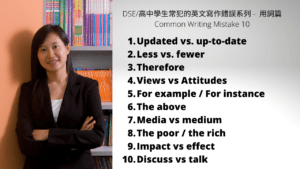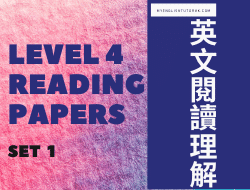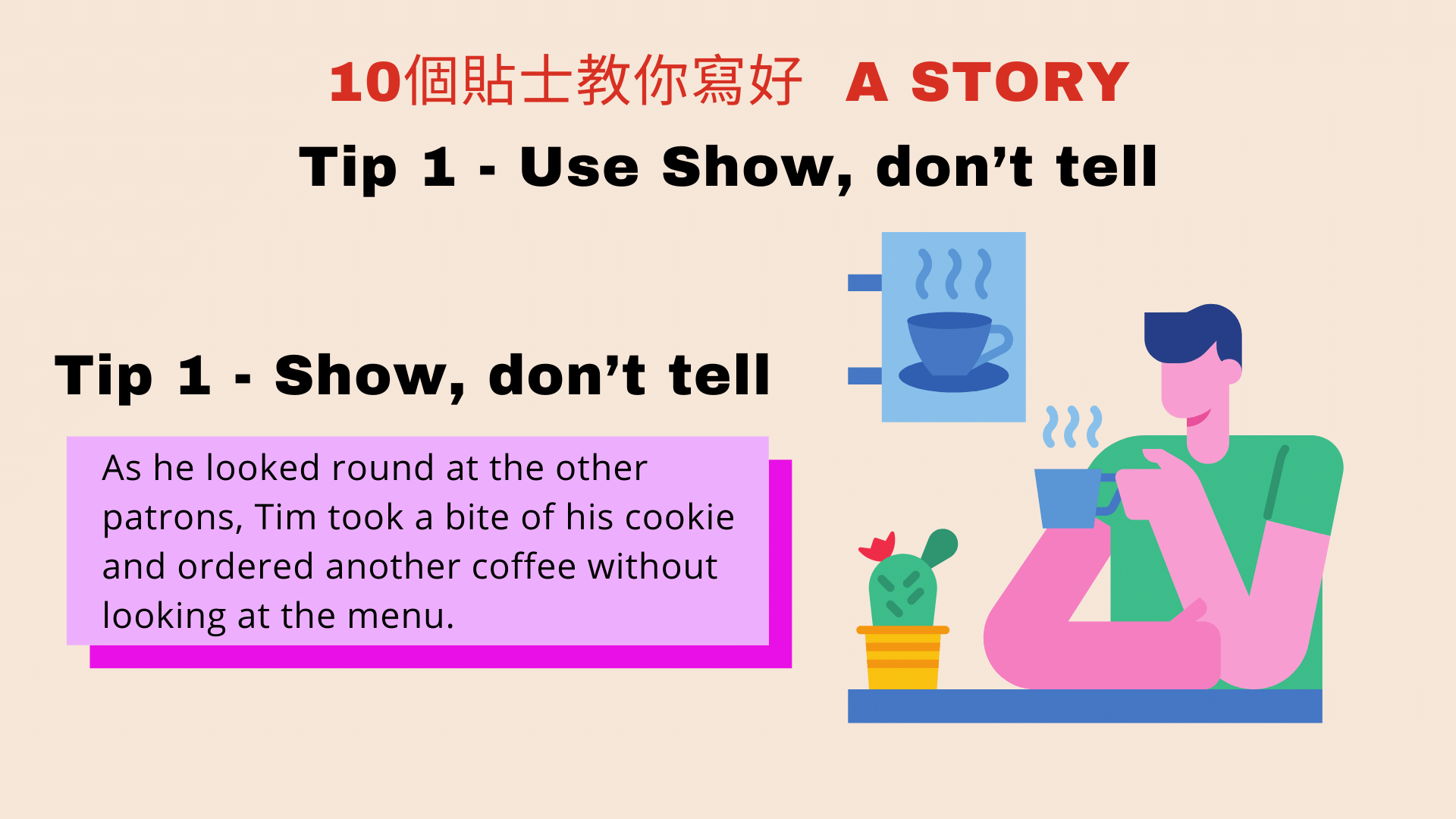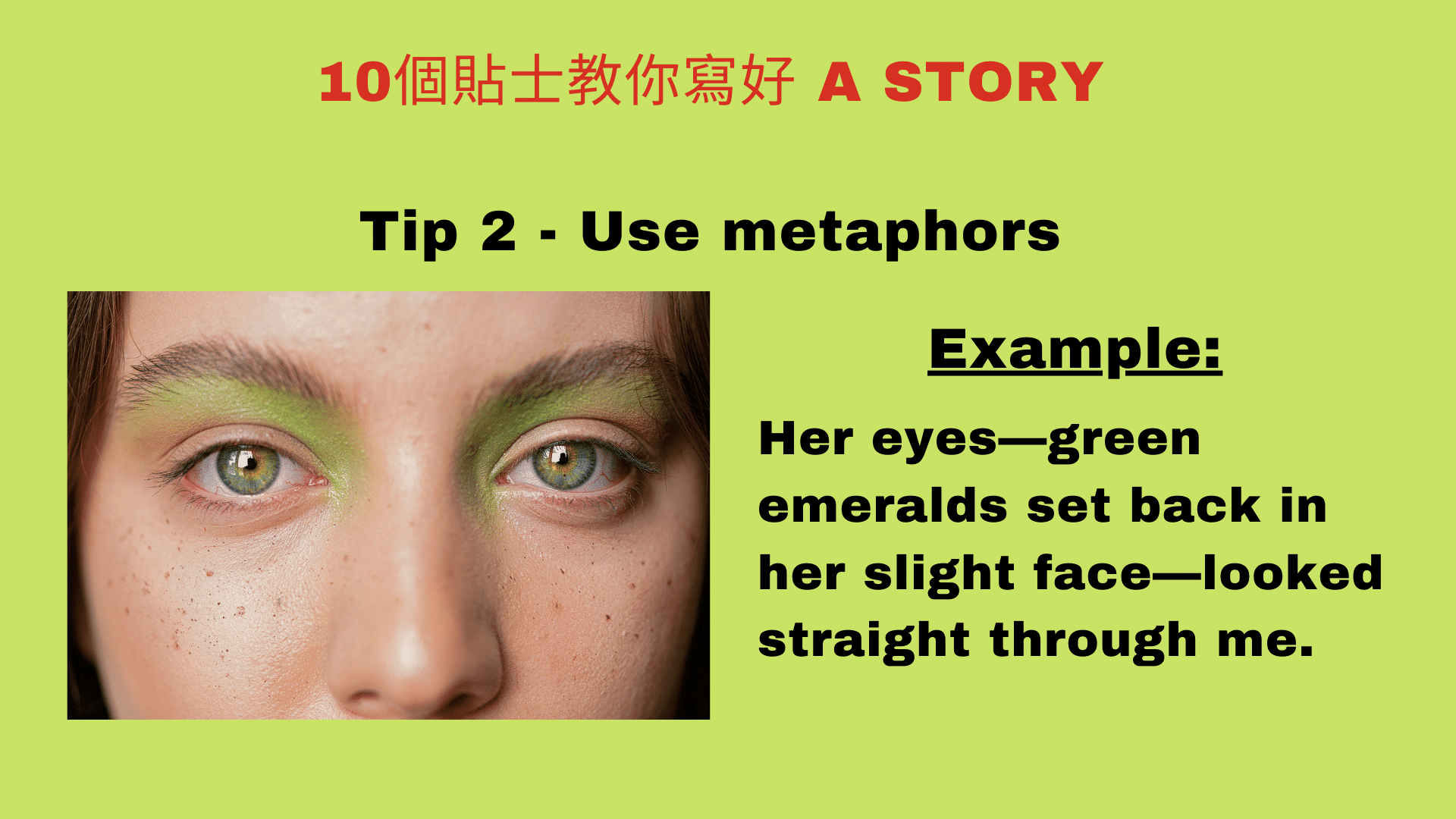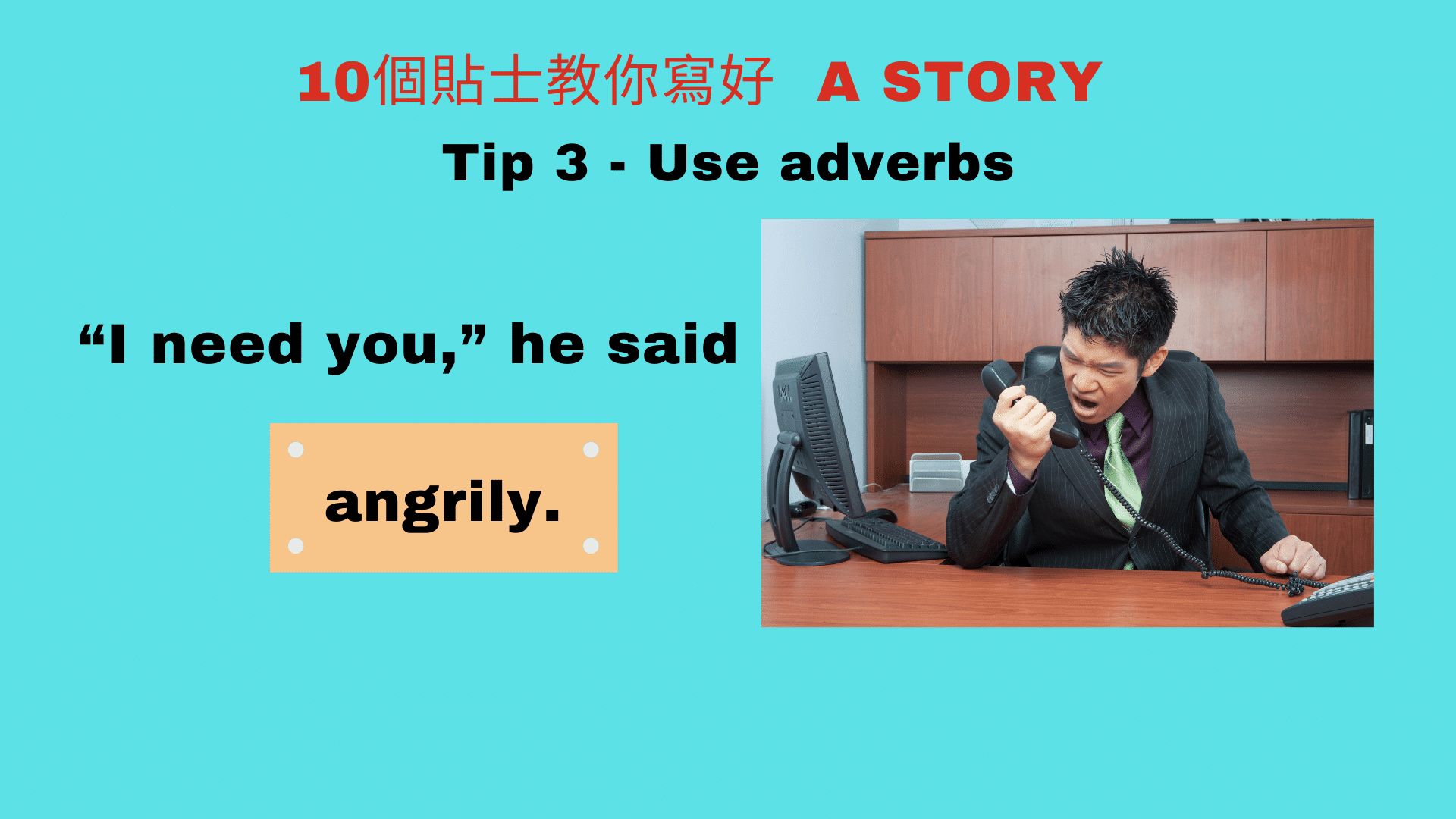Introducing Idioms: Be Confident and Correct!
1. Give it a shot
To give something a shot = to try to do something you haven’t done before
I’m going to give it a shot.
I think you should give tennis a shot.
Give it a shot – used to encourage someone to do something
To give something your best shot = to try your hardest to do something
Give this exercise your best shot.
I gave it my best shot.
TIP: Replace ‘try to do it’ with ‘give it a shot’
It’s hard, but I’m going to try to do it anyway.
It’s hard, but I’m going to give it a shot anyway.
2. Push the boat out
To push the boat out = to spend more money or put in more effort than usual
We’ve pushed the boat out and bought a new car.
You should push the boat out by making birthday cards yourself.
They really pushed the boat out for his birthday party last year.
TIP: Add this phrase when talking about a very big celebration or party.
It was a great party – we even drank champagne!
They really pushed the boat out for the party – we even drank champagne!
3. Over the top
Over the top = extreme or exaggerated (in a bad way)
As an adjective – over the top
Your reaction was over the top.
The party was over the top – there was far too much food.
As a verb – go over the top
There’s no need to go over the top – it’s not the Queen visiting!
My mum goes over the top by grounding me whenever I get home late.
OTT = over the top
TIP: Replace ‘unnecessary’ with ‘over the top’, when someone has put in too much effort
Buying every cake in the shop was unnecessary!
Buying every cake in the shop was over the top!
4. No way
No way! = Definitely not!
No way! = I can’t believe it!
There’s no way (that) = It’s impossible that
There’s no way (that) = It is not going to happen that
There’s no way (that) she made that dress herself.
There’s no way (that) I’m buying you another mobile phone.
TIP: Replace the exclamations ‘Definitely not!’ or ‘I can’t believe it!’ with ‘No way!’
“Will you come with me to Sarah’s party?” “Definitely not!”
“Will you come with me to Sarah’s party?” “No way!”
“I got 100% in my exam!” “I can’t believe it!”
“I got 100% in my exam!” “No way!”
5. Go for it
Go for it = do it (encouragement or permission)
You should go for it!
I should have gone for it.
Go for it!
TIP: Replace ‘do it’ with ‘go for it’ (when encouraging someone to do something)
“I might enter a marathon.” “Yes, I think you should do it!”
“I might enter a marathon.” “Yes, I think you should go for it!”
6. In the dark
To be in the dark = to not know about something other people know about
To be left in the dark = to not be told about something
To keep someone in the dark = to not tell someone about something
TIP: Use this idiom when you’re writing about a secret
“Why aren’t you telling me the secret?”
“Why are you keeping me in the dark?”
7. Get it off your chest
To get something off your chest = to talk about something that’s been upsetting you
There’s something I need to get off my chest.
Getting problems off your chest is better than never talking about them.
I’ve been worrying about it all night and I want to get it off my chest.
TIP: Replace ‘tell you something’ with ‘get something off my chest’
Nick, I need to tell you something.
Nick, I need to get something off my chest.
8. Bite your tongue
To bite your tongue = to not say something that you want to say
I had to bite my tongue.
You should have bitten your tongue.
Bite your tongue!
TIP: Replace ‘Don’t be so rude!’ with ‘Bite your tongue!’
“I hate going to my aunt’s house!” “Don’t be so rude!”
“I hate going to my aunt’s house!” “Bite your tongue!”
















